Seretra
✅ Reduces airway inflammation
✅ Improves lung function
✅ Relieves asthma symptoms
✅ Prevents bronchoconstriction
✅ Enhances respiratory health
Seretra contains Seratrodast.
Product Overview
Seretra is a prescription medication formulated with Seratrodast (80mg) as its active ingredient. Presented in tablet form, this pharmaceutical agent is primarily indicated for the treatment and prevention of bronchial asthma and allergic rhinitis. As a selective leukotriene receptor antagonist, Seretra effectively modulates inflammatory pathways by inhibiting leukotriene activity, thereby reducing bronchoconstriction, airway inflammation, and associated respiratory symptoms including wheezing, dyspnea, and nasal congestion.
Therapeutic Indications
Seretra is clinically approved for:
– Prophylaxis and management of bronchial asthma
– Treatment of allergic rhinitis symptoms
The medication demonstrates particular efficacy in patients presenting with asthma-related symptoms (wheezing, cough, chest tightness) and allergic rhinitis manifestations (nasal obstruction, rhinorrhea, sneezing, pruritus). Its mechanism provides dual therapeutic benefits by addressing both inflammatory processes and bronchial hyperresponsiveness.
Administration Guidelines
For optimal therapeutic outcomes:
– Administer orally with water, maintaining tablet integrity (do not crush/chew)
– May be taken with or without food
– Typical dosing frequency: 1-2 times daily
– Strictly adhere to prescribed dosage regimen
– Maintain consistent dosing schedule for sustained therapeutic effect
Mechanism of Action
Seretra’s pharmacological activity stems from its selective antagonism of leukotriene receptors. The active compound Seratrodast specifically:
– Inhibits leukotriene-mediated inflammatory cascades
– Reduces vascular permeability and mucosal edema
– Decreases bronchial smooth muscle contraction
– Modulates mucus hypersecretion
This comprehensive action profile results in improved pulmonary function and symptom control.
Dosage Protocol
Standard dosing considerations:
– Initial dose: Typically 80mg once daily
– Maintenance range: 80-160mg daily (divided doses)
– Dose titration based on:
– Therapeutic response
– Patient tolerance
– Comorbid conditions
– Special populations: Requires hepatic/renal adjustment
Therapeutic Advantages
- Dual-action therapy for respiratory allergies and asthma
- Significant reduction in airway inflammation markers
- Clinically proven improvement in pulmonary function parameters
- Convenient dosing regimen enhancing compliance
- Effective as both preventive and symptomatic treatment
Adverse Effects
Common treatment-emergent effects (typically mild and self-limiting):
– Cephalgia (headache)
– Gastrointestinal disturbances (nausea, abdominal discomfort)
– Transient dizziness
– Mild fatigue
– Diarrheal episodes
Precautions and Contraindications
Special considerations:
– Hepatic/renal impairment: Requires dose modification
– Hypersensitivity: Contraindicated in known Seratrodast sensitivity
– Drug interactions: Notable with anticoagulants, CYP450 substrates
– Pregnancy/Lactation: Not recommended
– Monitoring: Regular hepatic function tests advised
Storage Requirements
Proper storage conditions:
– Temperature: 15-30°C
– Protection from:
– Moisture
– Direct light
– Excessive heat
– Keep in original packaging
– Secure storage away from pediatric access
Medical Disclaimer
The provided information serves educational purposes only and does not constitute medical advice. While we strive for accuracy, this content:
– Is not exhaustive regarding safety information
– Should not replace professional medical consultation
– May not reflect current therapeutic guidelines
Healthcare providers should be consulted for personalized treatment plans and to address specific clinical concerns. This information aims to supplement, not substitute, the essential doctor-patient relationship.
| Strength | 80 mg |
|---|---|
| Quantity | 30 Tablet/s, 60 Tablet/s, 90 Tablet/s, 180 Tablet/s |
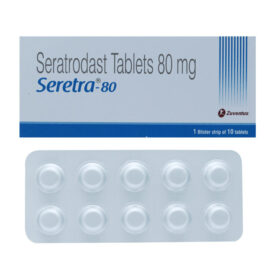 Seretra
Seretra









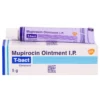
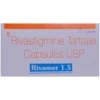
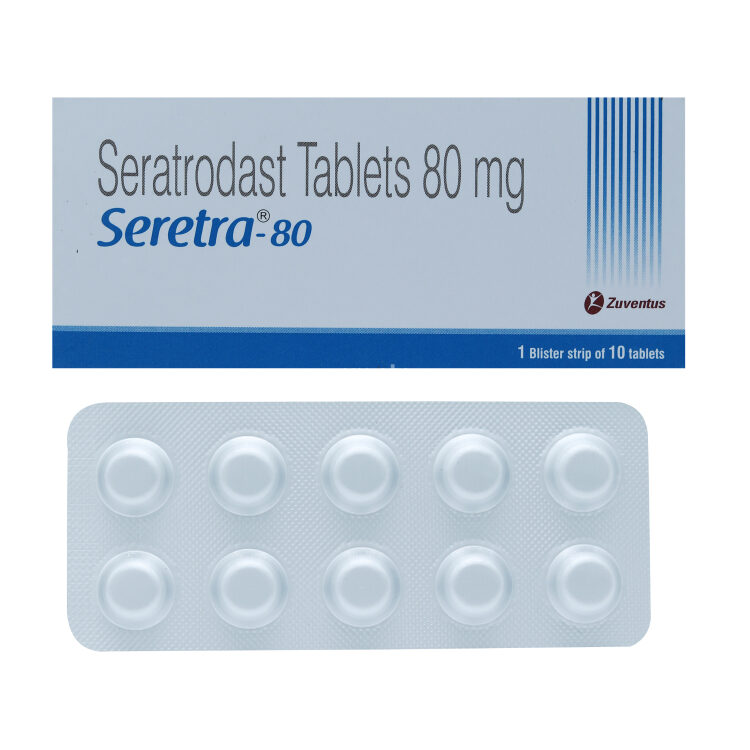
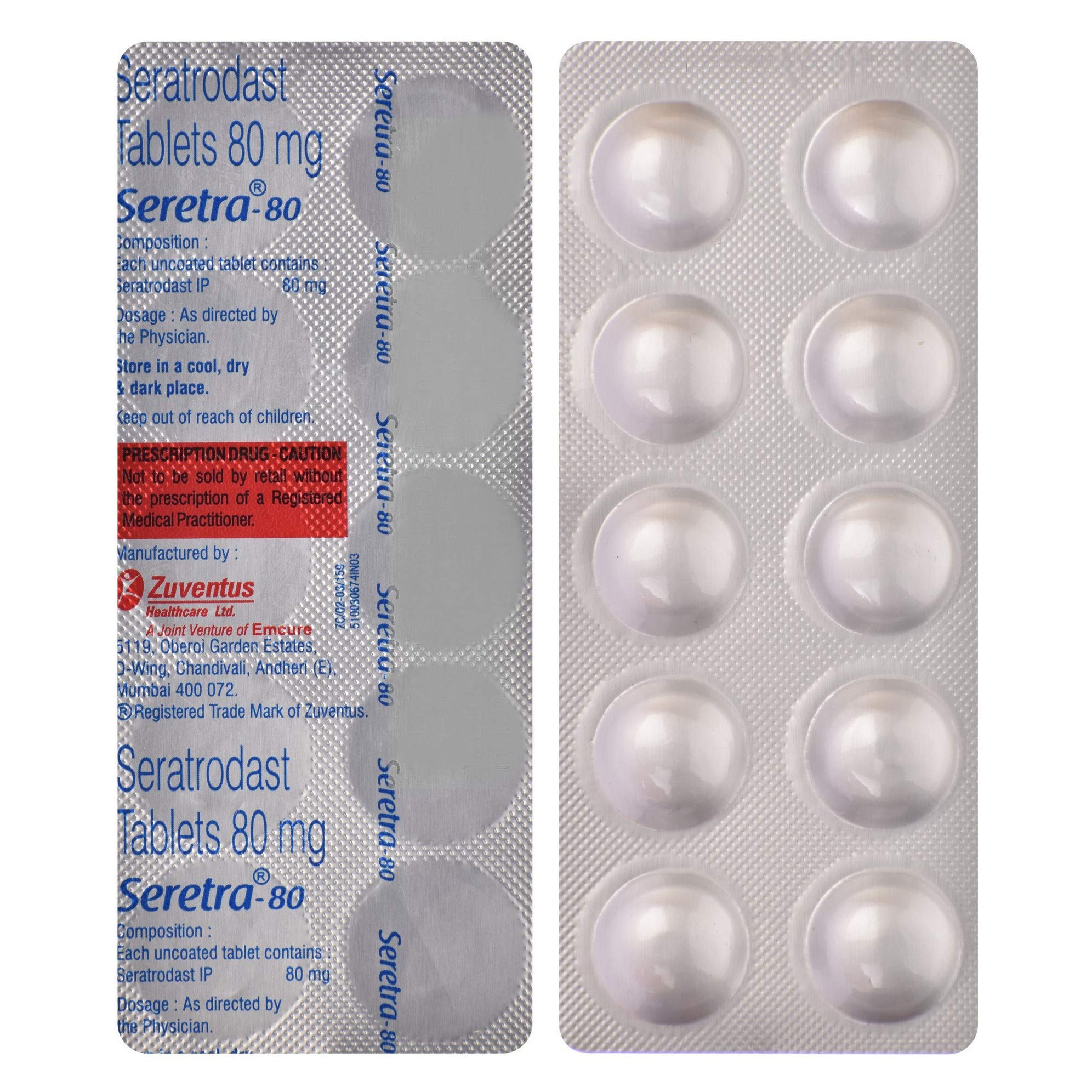
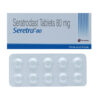
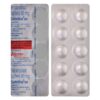
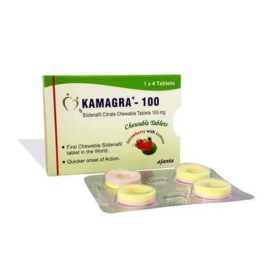

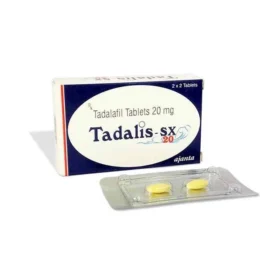
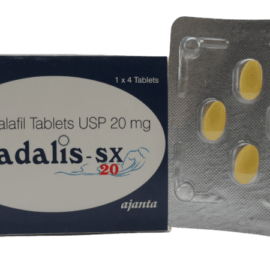
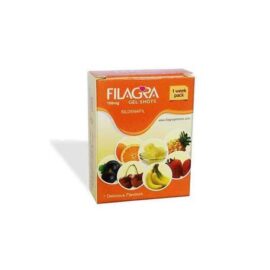

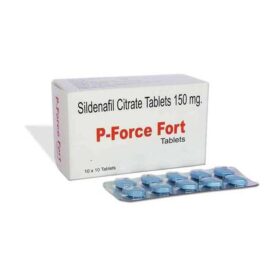

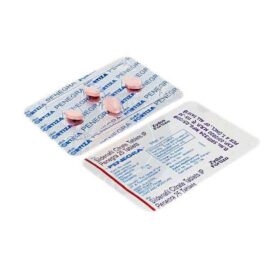
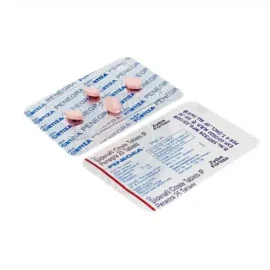
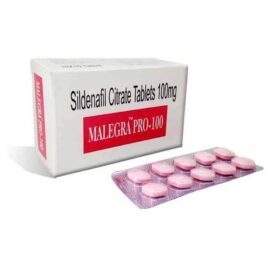
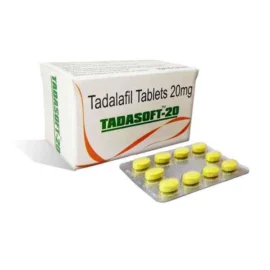
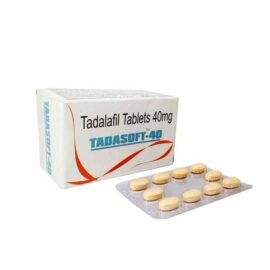
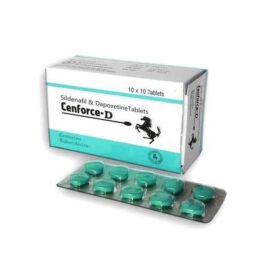
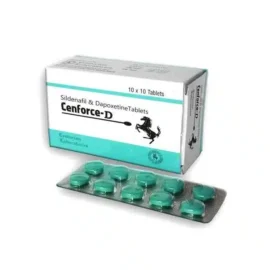

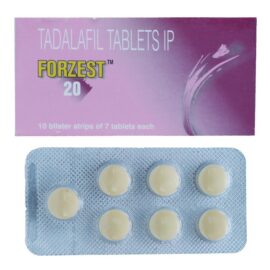
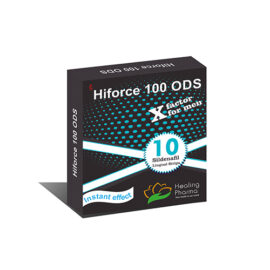
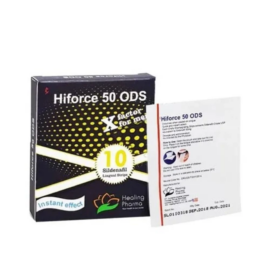
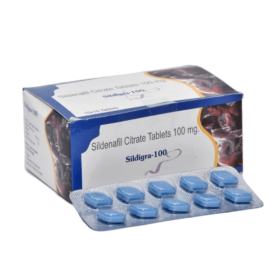
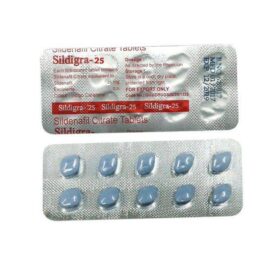
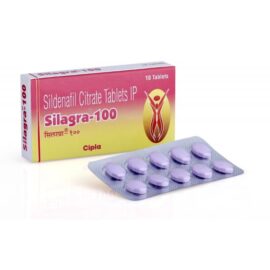
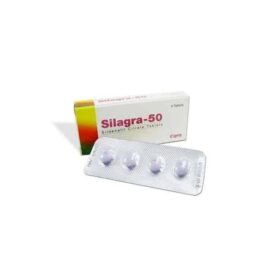
Reviews
There are no reviews yet